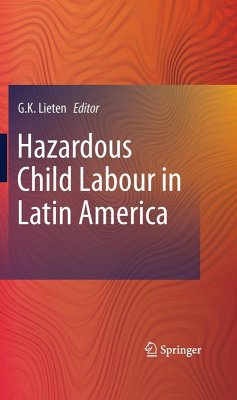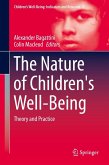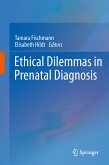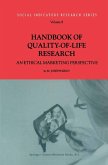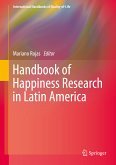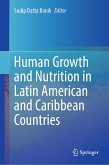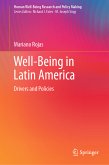From children working on Bolivian sugar cane plantations to child miners in Peru, child labour lingers on in many parts of the world, including Latin America. There are various reasons as to why child labour continues to be such a tenuous social problem. There is disagreement on its causes and thus also disagreement on the solutions. There is even disagreement on the extent of the problem. In order to bridge this lack of information and to stimulate policy interventions, the IREWOC Foundation (International Research on Working Children) has undertaken action-based research in the field of the worst forms of child labour in Latin America. This book is based on the foundation's research. It aims to document the living and working conditions of child labourers, to explore the true reasons why children are (still) working under harmful conditions, and to identify and analyse initiatives of governmental and non-governmental organisations to eliminate these worst forms of child labour. In the face of challenges imposed by achieving the Millennium Development Goals (MDGs) set by the UN, specific attention was paid to educational initiatives. Although the evidence from the various cases discussed in the book illustrates positive trends in terms of the worst forms of child labour, thousands of children were still found to be engaged in activities that form a direct threat to their health and jeopardize their education. This book proposes several practical recommendations for possible interventions. It offers a qualitative focus and concentrates on the community level.
Dieser Download kann aus rechtlichen Gründen nur mit Rechnungsadresse in A, B, BG, CY, CZ, D, DK, EW, E, FIN, F, GR, HR, H, IRL, I, LT, L, LR, M, NL, PL, P, R, S, SLO, SK ausgeliefert werden.

